Authenticity and Artifice in The Candy House
At its most fundamental level, Jennifer Egan’s new novel is about stories, about how humans are inclined to shape information into narrative.
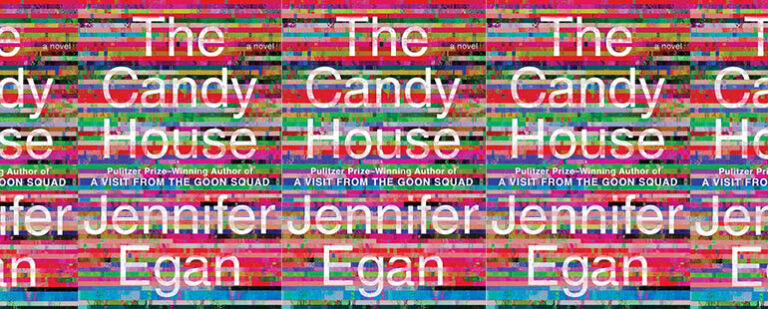
At its most fundamental level, Jennifer Egan’s new novel is about stories, about how humans are inclined to shape information into narrative.

Even though the characters in Sara Lippmann’s second story collection are often stuck in their lives, a sense of life, of possibility, of creation, runs throughout the book, uniting its stories as one. Lippmann focuses on the unexpected and on the surprising in order to focus on life.

Rebecca Scherm’s approach to technology is both familiar and alien to us. Our devices pull us further apart from one other. Yet this sense of hyper-connection is still connection. Read through the register of family, the relational potential for technology gets even murkier.

Joy Harjo’s 2019 collection accesses the painful memories and losses that so many of her people have suffered. But the strength of her poetry goes beyond just recounting the pain.
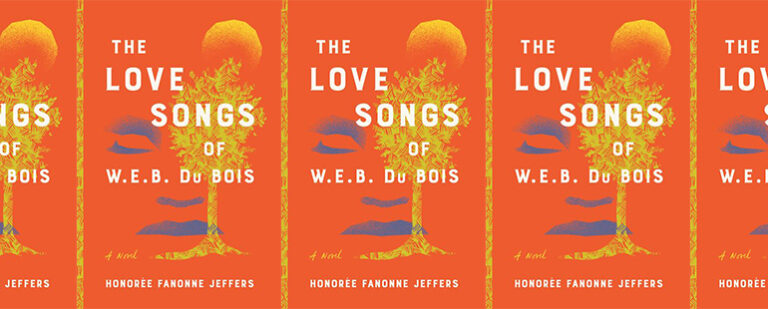
Honorée Fanonne Jeffers’s sweeping epic engages with a richness of Black life and history far beyond her characters’ proximity to whiteness alone. By tracing the African American experience back to its roots, she has created a canon-worthy work that exposes the complexity of color and the deep wounds passing superficially attempts to address.
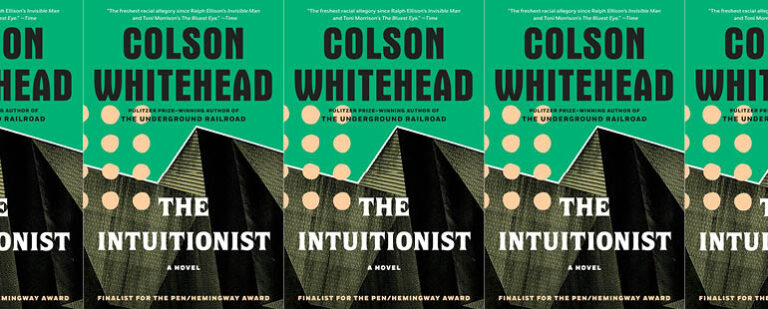
Colson Whitehead’s first book is a complex story that takes an authoritative point of view within a deeply imagined world.

Sixteenth century literature provides a compelling explanation for women’s engagement with true crime: in many cases, it portrays women in control, rather than victims, of violence.
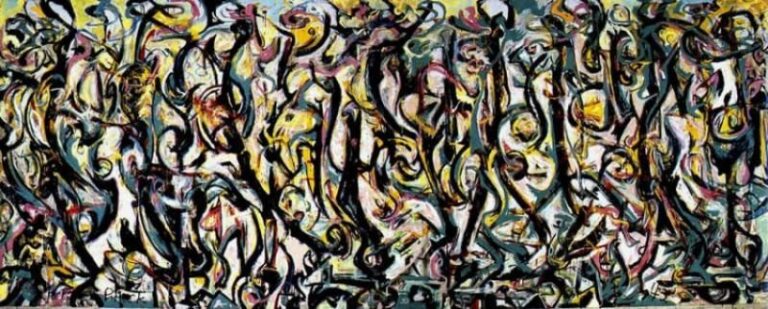
Humans derive pleasure in finding order within disorder. We seek out patterns and meaning, even when there is none to be found. P. Inman’s 1982 book, through its performance of an open and chaotic writing system, calls our attention back to how heavy this burden of meaning can become.
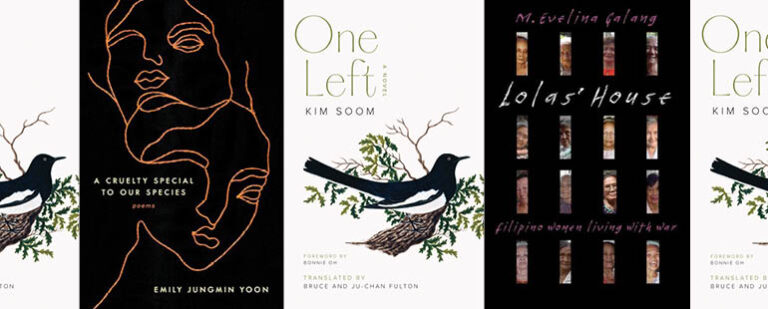
Books by M. Evelina Galang, Emily Jungmin Yoon, and Kim Soom fill critical gaps in the public’s understanding of World War II rape camps run by the Imperial Japanese Army—euphemistically referred to as “comfort stations.”
No products in the cart.